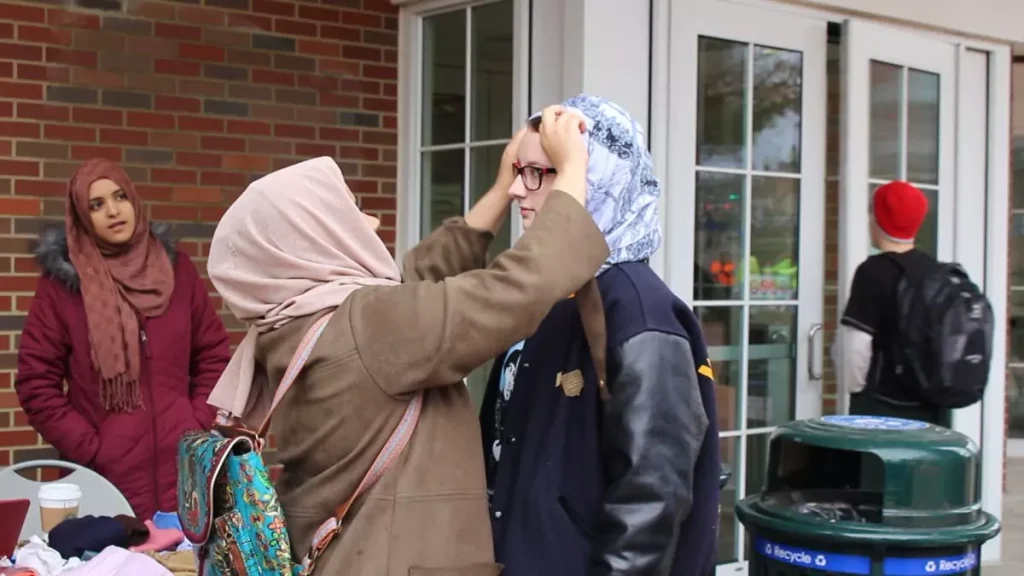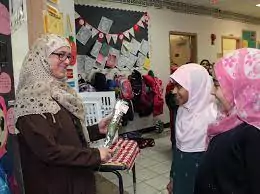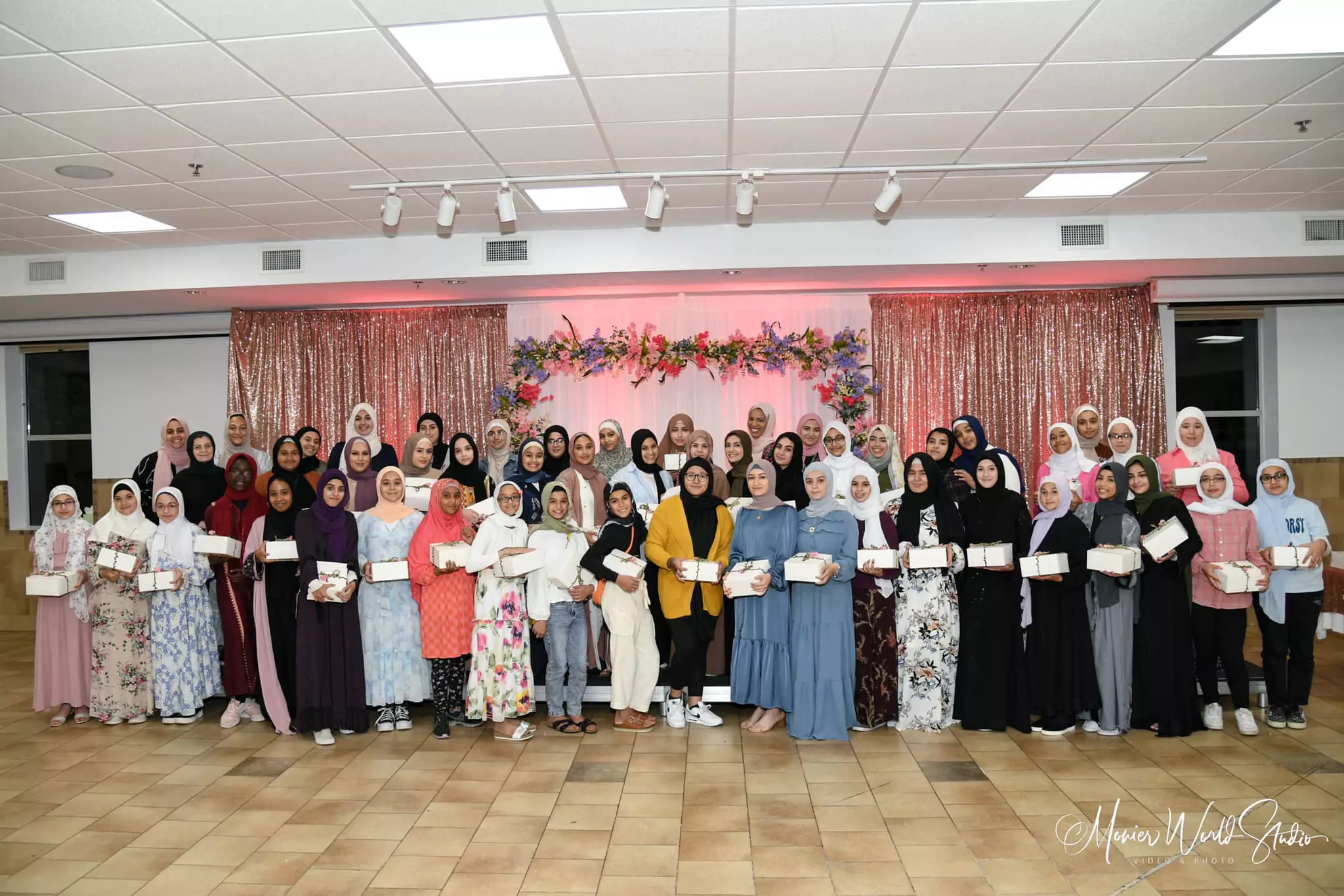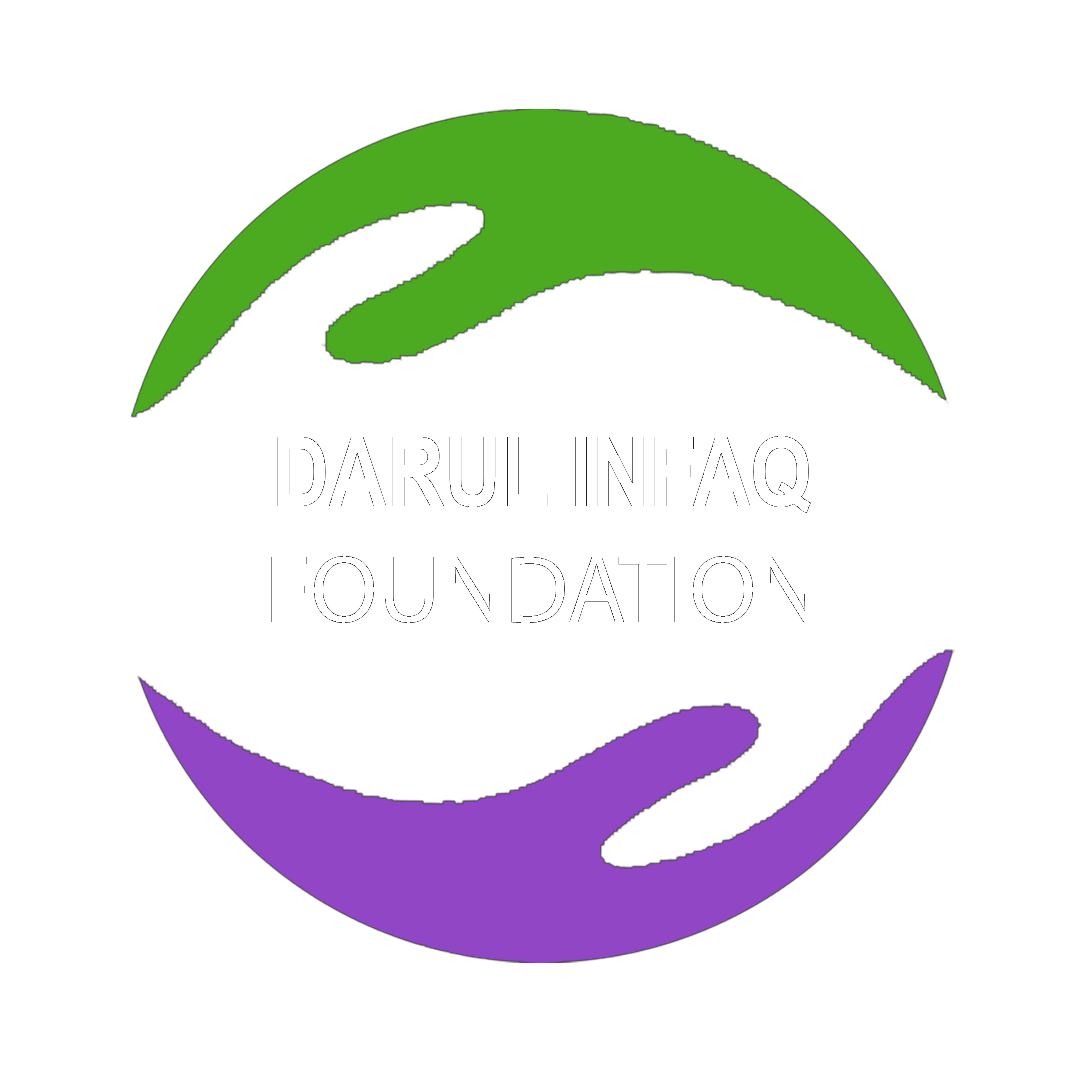Chicago, one of the most culturally diverse cities in the United States, is home to a vibrant and diverse Muslim community. This community enriches the city with its cultural, religious, and social contributions. From historic mosques to bustling community centers, the Muslims in Chicago have established a strong presence that reflects the city’s multicultural ethos. This article explores the various facets of the Chicago Muslim community, highlighting their history, contributions, and the challenges they face.
Historical Background of Muslims in Chicago
Early Beginnings and Growth
The Muslim presence in Chicago dates back to the early 20th century, with the arrival of immigrants from various parts of the world, including the Middle East, South Asia, and Eastern Europe. Over the decades, the Muslim population in Chicago has grown significantly, contributing to the city’s rich tapestry of cultures. Early Muslim immigrants established some of the first Islamic institutions in the United States, laying the groundwork for future generations.
Establishment of Mosques and Islamic Centers
One of the first mosques in Chicago, the Al-Sadiq Mosque, was founded in the early 1920s by the Ahmadiyya Muslim Community. Over the years, many more mosques and Islamic centers have been established, including the well-known Jamia Masjid Chicago. These institutions serve as religious, educational, and social hubs for the Muslim community, providing a space for worship, learning, and community engagement.

Cultural and Religious Diversity
A Mosaic of Ethnicities
The Chicago Muslim community is incredibly diverse, comprising individuals from various ethnic backgrounds, including Arab, South Asian, African, and Eastern European descent. This diversity is reflected in the different cultural practices, languages, and traditions observed within the community. Events and celebrations such as Eid, Ramadan, and cultural festivals showcase this rich cultural mosaic.
Religious Practices and Observances
Religious observance plays a central role in the lives of many Muslims in Chicago. Mosques like the Jamia Masjid Chicago and others around the city offer daily prayers, Friday congregational prayers, and special services during Ramadan. Islamic education is also a priority, with many mosques offering Quranic classes, Islamic studies, and youth programs to foster a strong sense of faith and community among the younger generation.
Contributions to the Broader Community
Social and Economic Impact
Muslims in Chicago have made significant contributions to the city’s social and economic landscape. They are active in various fields, including medicine, education, business, and the arts. Many Muslim-owned businesses thrive in Chicago, contributing to the local economy and providing services to the broader community. Additionally, Muslim professionals are often involved in philanthropic activities, supporting charitable causes and community development projects.
Interfaith and Community Initiatives
Interfaith dialogue and cooperation are important aspects of the Chicago Muslim community’s engagement with the broader society. Many Muslim organizations participate in interfaith events, fostering understanding and cooperation among different religious groups. Initiatives such as community service projects, food drives, and health clinics demonstrate the community’s commitment to social justice and humanitarian efforts.
Challenges and Opportunities
Addressing Islamophobia and Discrimination
Despite their positive contributions, Muslims in Chicago, like in many parts of the world, face challenges such as Islamophobia and discrimination. These issues can affect various aspects of life, including employment, education, and social interactions. Community leaders and organizations work tirelessly to address these challenges through advocacy, education, and outreach efforts, promoting a message of unity and tolerance.
Opportunities for Growth and Unity
The challenges faced by the Chicago Muslim community also present opportunities for growth and unity. By continuing to build strong institutions, fostering youth engagement, and enhancing interfaith partnerships, the community can further strengthen its presence and impact in the city. Additionally, leveraging technology and social media can help amplify the community’s voice and showcase their contributions on a broader scale.
The Role of Key Institutions
Mosques and Community Centers
Mosques like the Jamia Masjid Chicago play a crucial role in the spiritual and social life of the Muslim community. These institutions offer a range of services, including religious education, counseling, and social events. Community centers also provide vital support, offering resources such as language classes, job training, and health services to help community members integrate and thrive in Chicago.

Educational and Cultural Organizations
Educational and cultural organizations are essential for preserving and promoting the heritage of the Muslim community in Chicago. Schools, after-school programs, and cultural centers offer opportunities for learning and engagement, helping to instill a sense of identity and pride among young Muslims. These institutions also organize cultural events, exhibitions, and performances that highlight the rich history and contributions of Muslims in Chicago.
Conclusion
The Chicago Muslim community is a vibrant and integral part of the city’s diverse population. From their early beginnings to their current contributions. Muslims in Chicago have played a significant role in shaping the cultural, social, and economic landscape of the city. By embracing their diversity, addressing challenges, and continuing to engage with the broader community, the Chicago Muslim community can look forward to a future of growth, unity, and positive impact. As the city evolves, the Muslims in Chicago will undoubtedly continue to be a source of strength and inspiration, embodying the spirit of resilience and cooperation that defines the city itself.

